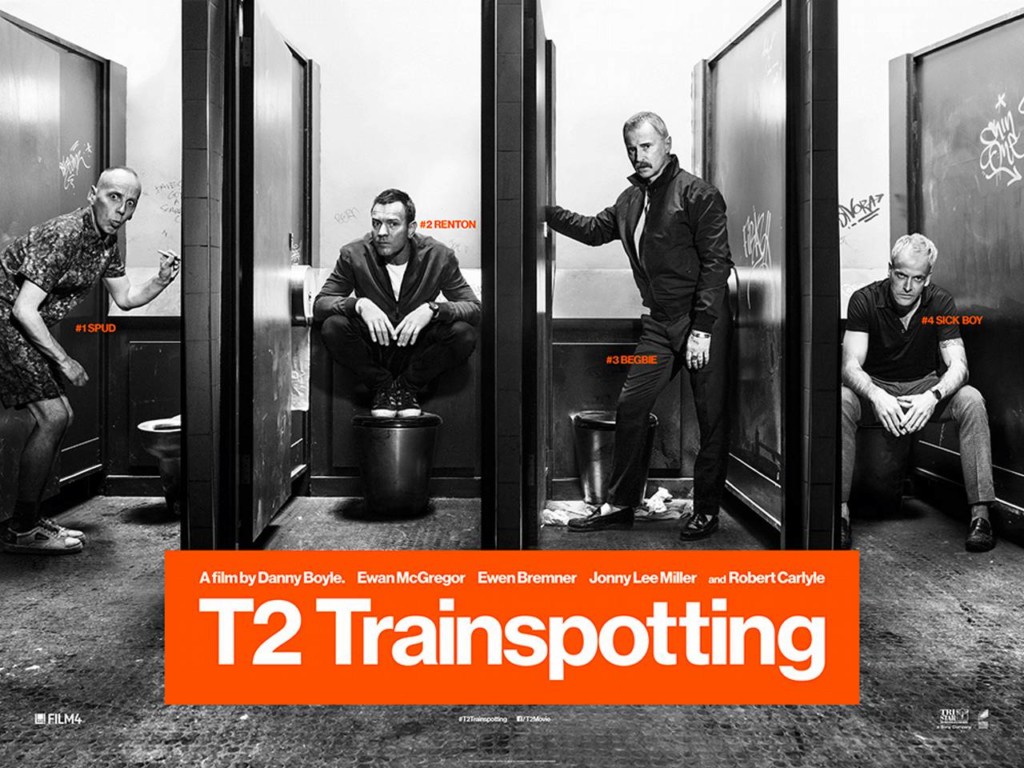HOW TO PROTECT YOUR TAX ALLOWANCES
TODAY’S BLOG
HOW TO PROTECT YOUR TAX ALLOWANCES
The government has committed to an awful lot of new spending. But the money has to come from somewhere. The unwritten rule of electioneering is to announce the spending increases during campaigning, and wait for the first post-election Budget to reveal the bad news about tax. Over the past few weeks we’ve seen suggestions of everything from some form of ‘mansion tax’ on more expensive homes, to changes in capital gains tax and tweaks in pension tax relief.
Sajid Javid’s resignation as chancellor – the person in charge of the Budget – might have derailed some of the plans in progress, but commentators are divided on what’s likely to happen next. Some think fiscal (tax) rules will be relaxed, so there’s less pressure to balance the books and spending can rise alongside tax cuts.

Let us not forget the small matter of an election manifesto pledge to get rid of ‘arbitrary tax advantages’ for the wealthy. Unfortunately we don’t have a working crystal ball to know what tax changes if any will come to fruition. We think the best way to shelter yourself from any potential tax changes is to take as much advantage as you can with the appropriate current breaks, while they still last:
- Take advantage of ISAs (£20,000)
- Consider a Lifetime ISA (£4,000)
- Don’t forget Junior ISAs (£4,368)
- Top up your pension (£40,000 and the abilty to use up unused allowances from the 3 previous tax years)
- Consider salary sacrifice (employer pays your reduced NI and tax into your pension)
- Take advantage of your spousal exemptions (share capital gains etc)
- Claim the marriage allowance (transfer £1,250 to your spouse)
- Consider your annual gifting allowance of £3,000
- Use your 2019/20 Capital Gains Tax Allowance of £12,000
- VCT, EIS, SEIS investment options for those that are more adventurous
Dominic Thomas
Solomons IFA
You can read more articles about Pensions, Wealth Management, Retirement, Investments, Financial Planning and Estate Planning on my blog which gets updated every week. If you would like to talk to me about your personal wealth planning and how we can make you stay wealthier for longer then please get in touch by calling 08000 736 273 or email info@solomonsifa.co.uk

GET IN TOUCH
Solomon’s Independent Financial Advisers
The Old Bakery, 2D Edna Road, Raynes Park, London, SW20 8BT
Email – info@solomonsifa.co.uk
Call – 020 8542 8084

GET IN TOUCH
Solomon’s Independent Financial Advisers
The Old Bakery, 2D Edna Road, Raynes Park, London, SW20 8BT
Email – info@solomonsifa.co.uk Call – 020 8542 8084

